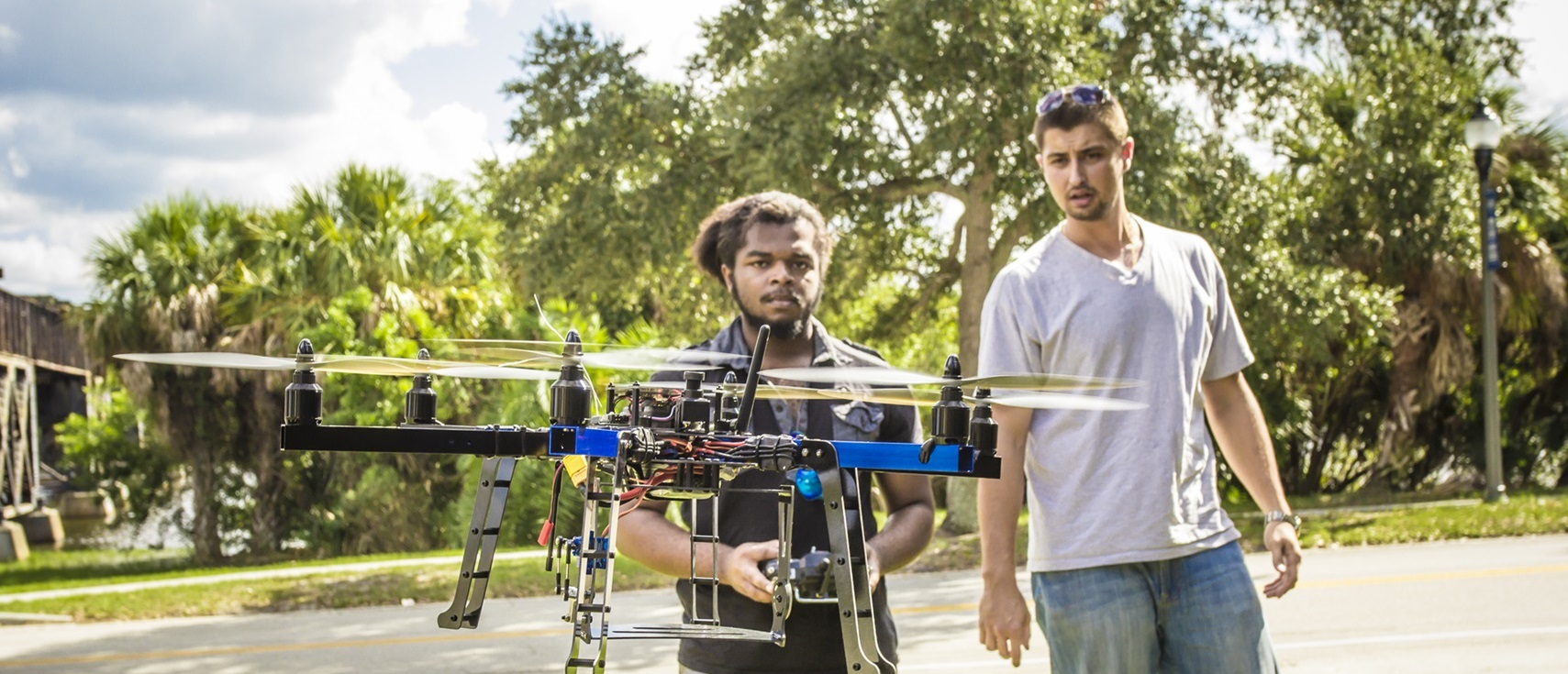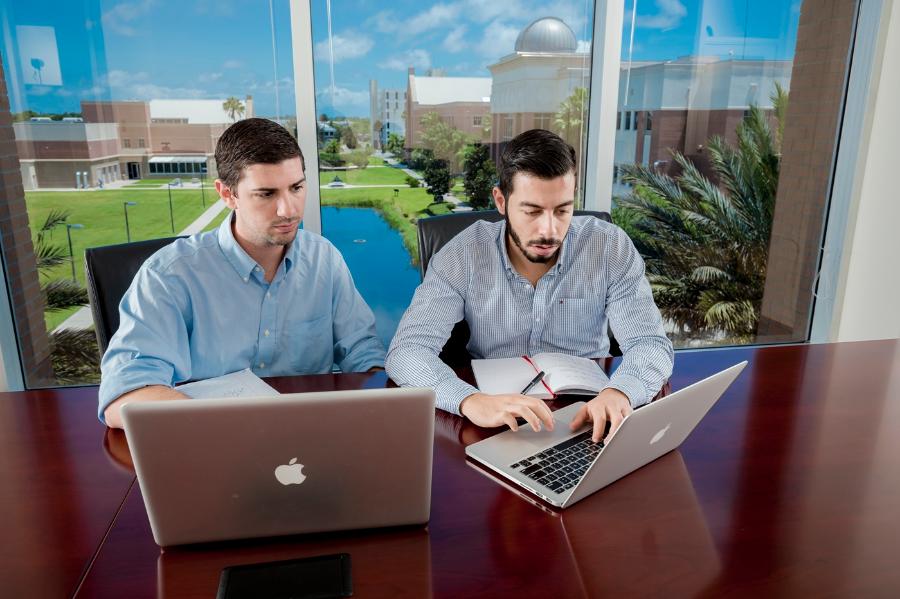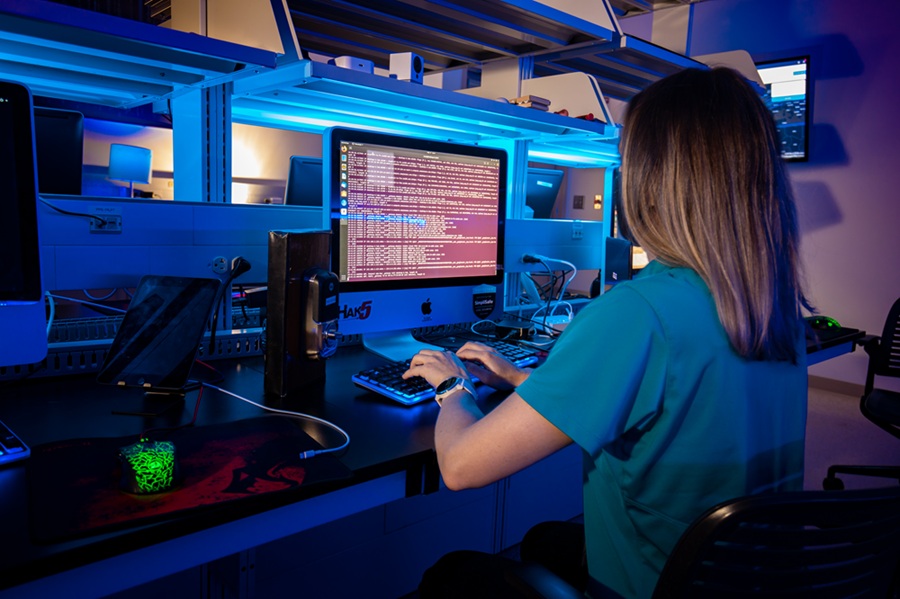Shaping the Future of Systems Engineering
Florida Tech offers a dynamic research environment, leading innovations in AI, machine learning, IoT (Internet of Things), MBSE, robotics, autonomous vehicles, space systems and more.
The Center for Advanced Data Analytics and Systems (CADAS) integrates AI into systems, specializing in cloud data engineering, edge applications such as IoT-powered machine learning and algorithm design for computer vision and time-series analysis.
The Transportation Systems Engineering Research Lab (TSER) develops practical solutions for transportation challenges. L3Harris Institute for Assured Information (L3HIAI) leads in cybersecurity and information assurance, while the IoT Security and Privacy Lab enhances transparency and control in IoT ecosystems.


 Give to Florida Tech
Give to Florida Tech 



